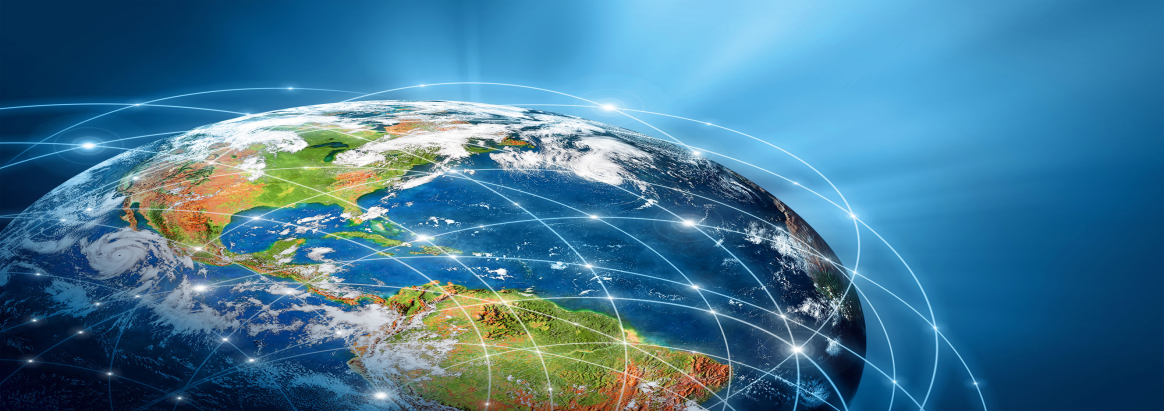Advances in GeoAI for Multi-Channel, Multi-Scale and Multi-Temporal Image Analysis
Recent advances in sensor technologies has enabled wide-scale availability of high-quality imaging data (including multispectral and hyperspectral imagery) in support of earth science applications. Despite these advances, such modalities present unique challenges for effective analysis of the imager in support of downstream tasks, including distribution shifts between training and deployment conditions, the need for learning effectively over multiple scales and across different sensors, the paucity of high-quality ground-reference data, among others. In this talk, I will cover recent advances in GeoAI that can facilitate image analysis of earth observations at scale in support of earth science. I will discuss developments in generative knowledge transfer, self-supervised learning, emerging technologies, and strategies to exploit these developments for effectively leveraging large-scale earth observation data.
Date and Time
Location
Hosts
Registration
-
 Add Event to Calendar
Add Event to Calendar
Speakers
Advances in GeoAI for Multi-Channel, Multi-Scale and Multi-Temporal Image Analysis
Recent advances in sensor technologies has enabled wide-scale availability of high-quality imaging data (including multispectral and hyperspectral imagery) in support of earth science applications. Despite these advances, such modalities present unique challenges for effective analysis of the imager in support of downstream tasks, including distribution shifts between training and deployment conditions, the need for learning effectively over multiple scales and across different sensors, the paucity of high-quality ground-reference data, among others. In this talk, I will cover recent advances in GeoAI that can facilitate image analysis of earth observations at scale in support of earth science. I will discuss developments in generative knowledge transfer, self-supervised learning, emerging technologies, and strategies to exploit these developments for effectively leveraging large-scale earth observation data.
Biography:
Saurabh Prasad (Senior Member, IEEE) received his Ph.D. in electrical and computer engineering from Mississippi State University, MS, USA, in 2008. He is a Professor in the Department of Electrical and Computer Engineering, University of Houston, Houston, TX, USA, where he directs the Machine Learning and Signal Processing Laboratory. His lab focuses on advancing the state-of-the-art in machine learning and signal processing with applications to remote sensing and biomedicine. His work has been recognized by two student research awards during his Ph.D. study, a best student paper award at the 2008 IGARSS conference, top-10% papers at IEEE-ICIP conference, a NASA New Investigator (Early Career) award in 2014, and the junior faculty research excellence award at the University of Houston in 2017. He has served on the editorial board of the IEEE Transactions on Geoscience and Remote Sensing and the IEEE Signal Processing Letters, and has served as the lead editor of 3 edited books at the intersection of machine learning, signal processing and geospatial imaging, published in 2011, 2020 and 2024 respectively.
Agenda
6:30 - light dinner
6:45 - 7:15 Excom
7:15 - 8:30 Presentation


